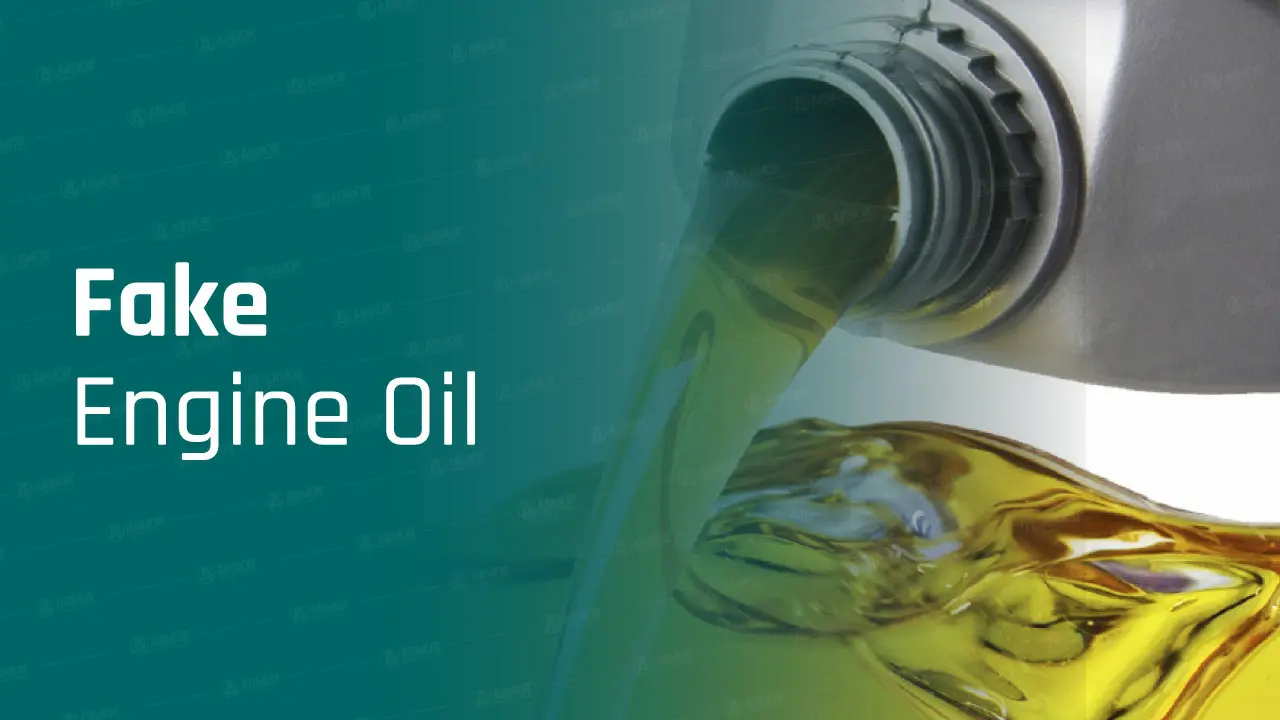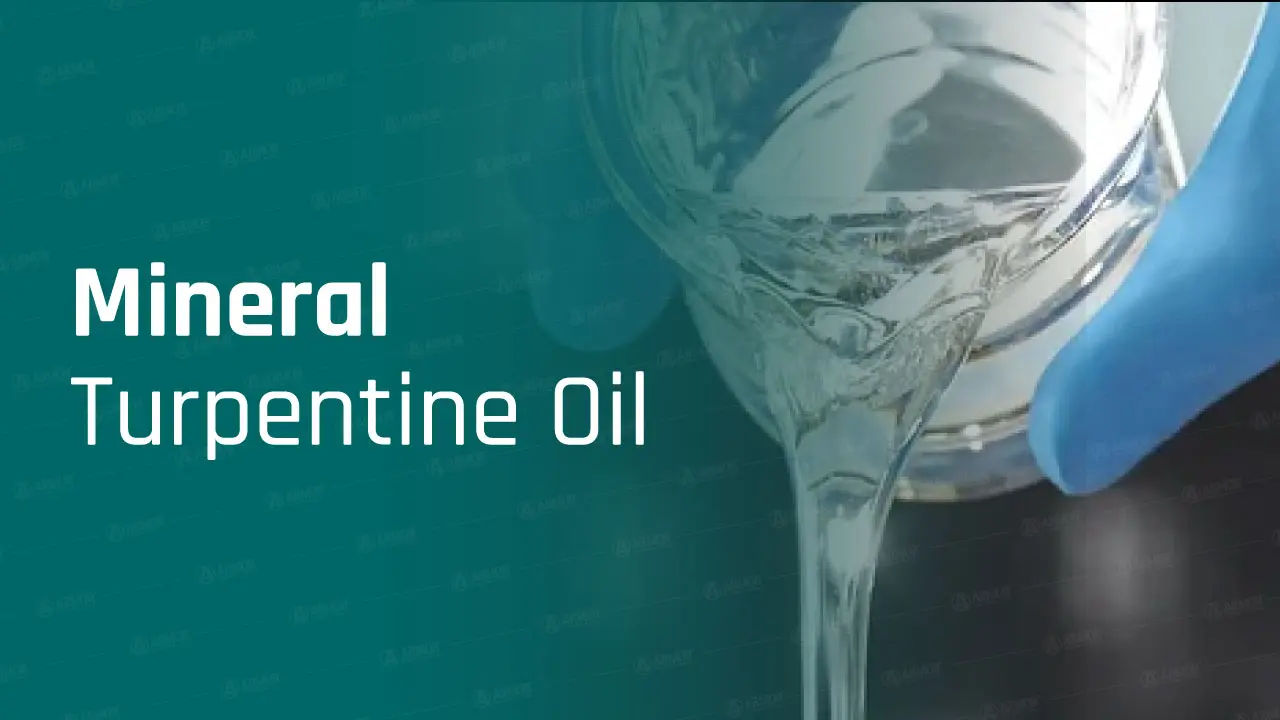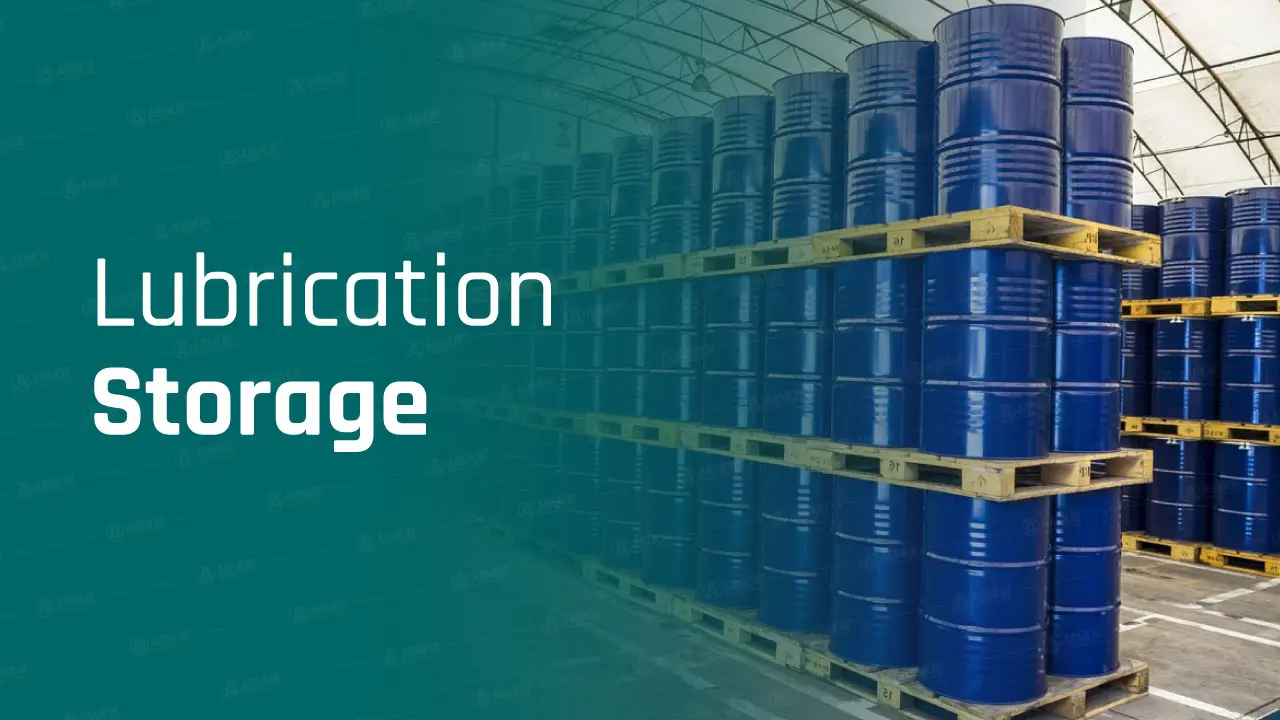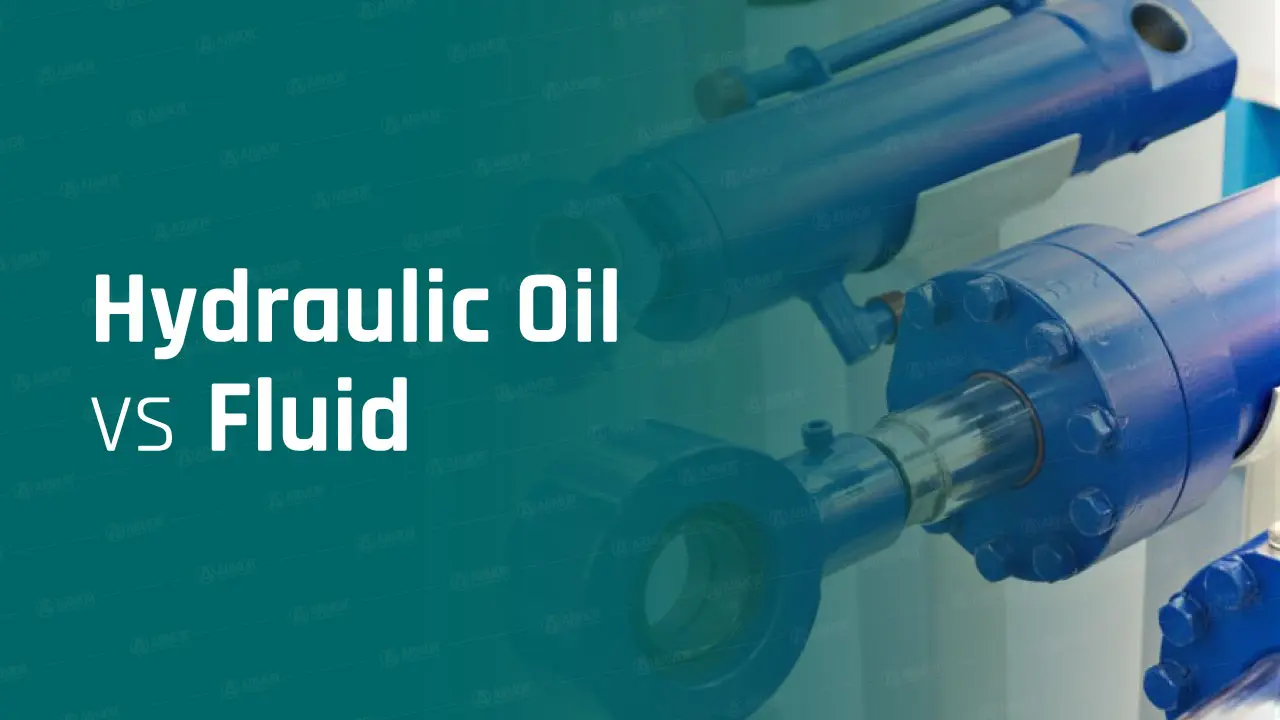
Engine Damage
Wear and Tear on Engine Components
Using fake engine oil can lead to significant wear and tear on engine components. Fake oil often lacks the proper lubrication properties, causing increased friction between the moving parts. This heightened friction accelerates the deterioration of critical engine components, such as pistons, bearings, and camshafts. Over time, the excessive wear can lead to part failures and the need for costly repairs or replacements.
Reduced Engine Lifespan
The use of counterfeit engine oil significantly shortens the overall lifespan of an engine. Authentic engine oil is formulated to provide optimal protection and performance, including maintaining proper viscosity and containing necessary additives to protect against corrosion and deposits. Fake oil, however, may not meet these specifications, leading to increased internal engine damage and a shortened engine life. This reduction in engine longevity can be costly for vehicle owners, necessitating earlier-than-expected engine overhauls or replacements.
Performance Issues
Decreased Fuel Efficiency
Using fake motor oil can significantly decrease your vehicle’s fuel efficiency. Proper engine oil reduces friction and ensures that engine components move smoothly, optimizing fuel consumption. Fake oil, on the other hand, often lacks the necessary lubricating properties, leading to increased resistance within the engine. This increased resistance forces the engine to work harder and consume more fuel, resulting in lower miles per gallon (MPG).
In addition to the immediate increase in fuel consumption, the long-term effects can be even more detrimental. Over time, the use of substandard oil can lead to the buildup of sludge and deposits within the engine. These deposits further hinder engine performance and efficiency, causing a progressive decline in fuel economy. Vehicle owners may notice more frequent visits to the gas station, ultimately increasing the cost of vehicle operation.
Poor Engine Performance
Fake engine oil can lead to noticeable declines in overall engine performance. High-quality engine oil ensures that all engine parts are adequately lubricated and functioning at their best. When fake oil is used, it can result in insufficient lubrication, leading to sluggish engine response, rough idling, and difficulty in starting the engine. Drivers may experience reduced power output and less smooth acceleration, diminishing the driving experience.
Using fake oil can exacerbate engine wear and lead to more severe mechanical issues. Over time, vital engine components can suffer from increased friction and heat, causing them to malfunction or fail entirely. This decline in engine health can lead to more frequent breakdowns and a significant reduction in the vehicle’s reliability, making it more prone to stalling and other performance-related problems.
Increased Emissions
Fake motor oil not only impacts your vehicle’s performance but also contributes to higher emissions. Genuine engine oil is formulated to reduce emissions by minimizing friction and ensuring efficient combustion. In contrast, fake oil often contains impurities and lacks the proper additives, leading to incomplete combustion. This inefficiency results in the release of more harmful pollutants into the atmosphere, negatively affecting air quality.
Increased emissions caused by fake engine oil can have broader environmental and legal implications. Many regions have stringent emissions standards, and vehicles emitting excessive pollutants may fail to comply with these regulations. Non-compliance can result in fines, penalties, and even restrictions on vehicle usage. Additionally, the environmental impact of increased emissions contributes to air pollution and climate change, highlighting the importance of using high-quality engine oil to maintain both vehicle performance and environmental health.
Financial Costs
Repair and Replacement Expenses
Using fake engine oil can lead to substantial repair and replacement costs for vehicle owners. Counterfeit oil often lacks the necessary lubricating properties, causing increased friction and wear on engine components. This accelerated wear can result in significant damage to critical parts such as the pistons, bearings, and camshafts, necessitating expensive repairs. In severe cases, the entire engine might need to be replaced, which can be a significant financial burden.
Damage caused by fake motor oil is often cumulative and progressive. As the engine continues to operate with substandard lubrication, the likelihood of catastrophic failure increases. Vehicle owners may find themselves facing frequent and costly repairs to address issues such as seized engines or damaged cylinder walls. The financial impact of these repairs can quickly add up, making the initial savings from purchasing cheaper, counterfeit oil seem negligible in comparison.
Increased Maintenance Costs
The use of fake engine oil can also lead to higher ongoing maintenance costs. Genuine engine oil is designed to keep the engine clean by preventing the buildup of sludge and deposits. Fake oil, however, often contains impurities and lacks the necessary additives to maintain engine cleanliness. This can result in the accumulation of harmful deposits within the engine, which requires more frequent oil changes and maintenance to prevent serious damage.
Long-term use of fake motor oil can shorten the intervals between necessary maintenance procedures. For example, components such as the oil filter and fuel injectors may need to be replaced more frequently due to contamination and increased wear. These additional maintenance requirements not only increase the overall cost of vehicle ownership but also reduce the vehicle’s reliability and performance, leading to further financial strain on the owner.
Safety Risks
Engine Failure on the Road
One of the most significant safety risks associated with using fake motor oil is the potential for engine failure while driving. Fake oil often fails to provide the necessary lubrication, leading to excessive friction and heat within the engine. This can cause critical engine components to overheat and fail, potentially resulting in a complete engine breakdown while the vehicle is in motion. Such incidents can be highly dangerous, especially if they occur at high speeds or in heavy traffic, posing serious risks to the driver, passengers, and other road users.
Engine failure on the road can also lead to loss of control of the vehicle. When the engine suddenly stops working, the driver may have limited ability to steer or brake, increasing the likelihood of accidents. This sudden and unexpected failure can create hazardous situations, requiring immediate and often dangerous roadside repairs or towing.
Overheating and Fire Hazards
Another severe safety risk is the increased likelihood of the engine overheating. Fake engine oil often lacks the necessary heat-resistant properties, causing the engine to run hotter than usual. Prolonged use of such oil can lead to the engine overheating, which can damage components and potentially ignite a fire. Engine fires are extremely dangerous and can spread rapidly, endangering the lives of the vehicle occupants and those nearby.
Overheating can cause the failure of other vital systems within the vehicle. For example, the cooling system might become overwhelmed, leading to further overheating and potential damage to other engine parts. This cascade of failures not only increases the risk of fire but also compromises the overall safety and functionality of the vehicle.
Potential for Accidents
The use of fake engine oil can indirectly contribute to accidents by impairing vehicle performance. As previously mentioned, fake oil can lead to poor engine performance, sluggish response, and unexpected stalling. These issues can make it difficult for drivers to react quickly in emergency situations, increasing the likelihood of collisions. For instance, a vehicle that stalls unexpectedly in traffic or at intersections can create dangerous scenarios, leading to rear-end collisions or other types of accidents.
Unpredictability of engine performance due to fake oil can cause drivers to become distracted or stressed, further compromising their ability to drive safely. The additional cognitive load of managing a poorly performing vehicle can reduce reaction times and increase the likelihood of errors, putting everyone on the road at greater risk.
Warranty and Insurance Issues
Voided Vehicle Warranty
Using fake motor oil can have serious implications for your vehicle warranty. Most vehicle manufacturers specify the type of engine oil required to maintain warranty coverage. Using counterfeit or substandard oil can void the warranty, leaving the owner responsible for all repair costs. This voiding of the warranty occurs because fake motor oil does not meet the manufacturer’s standards for performance and protection, potentially causing significant engine damage that would otherwise be covered.
When a warranty is voided due to the use of fake engine oil, the financial burden of any repairs or replacements falls entirely on the vehicle owner. This can be especially costly if major engine components or the entire engine needs to be replaced. To avoid this risk, it is crucial for vehicle owners to adhere to the manufacturer’s oil specifications and ensure they are using genuine products.
Complications with Insurance Claims
The use of fake engine oil can also complicate insurance claims. In the event of an accident or mechanical failure, insurance companies may investigate the cause. If it is determined that the use of counterfeit oil contributed to the incident, the insurance company may deny the claim. This means the vehicle owner could be responsible for all repair costs and any other damages resulting from the accident.
Insurance companies expect vehicle owners to maintain their vehicles according to manufacturer specifications. Using fake engine oil is considered negligent maintenance, which can invalidate insurance coverage.
This not only increases the financial risk for the owner but also underscores the importance of using authentic, high-quality engine oil to maintain both vehicle performance and insurance protection.
In Conclusion
Don’t compromise on vehicle performance and reliability. Fake engine oil can severely damage your vehicle’s engine. This post highlights the dangers of using fake engine oil. Trust Armor Lubricants manufacturer in the UAE for genuine, high-performance engine oils.




